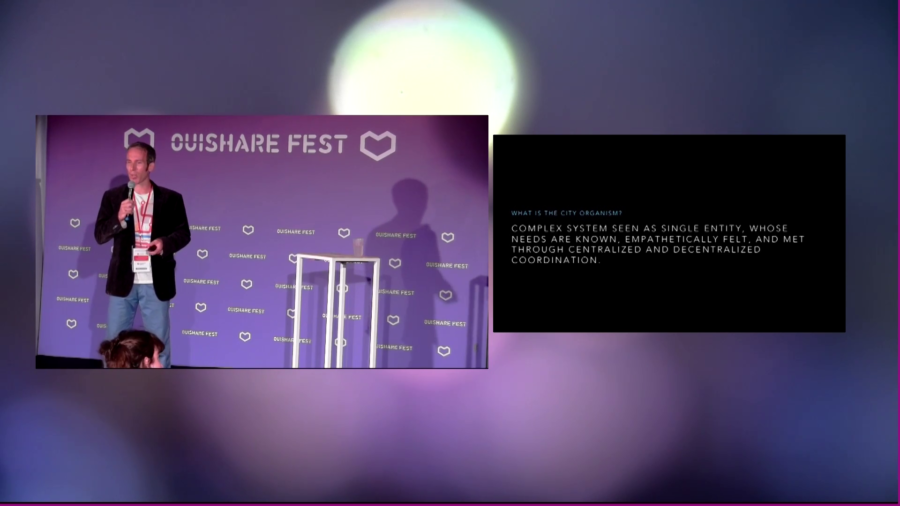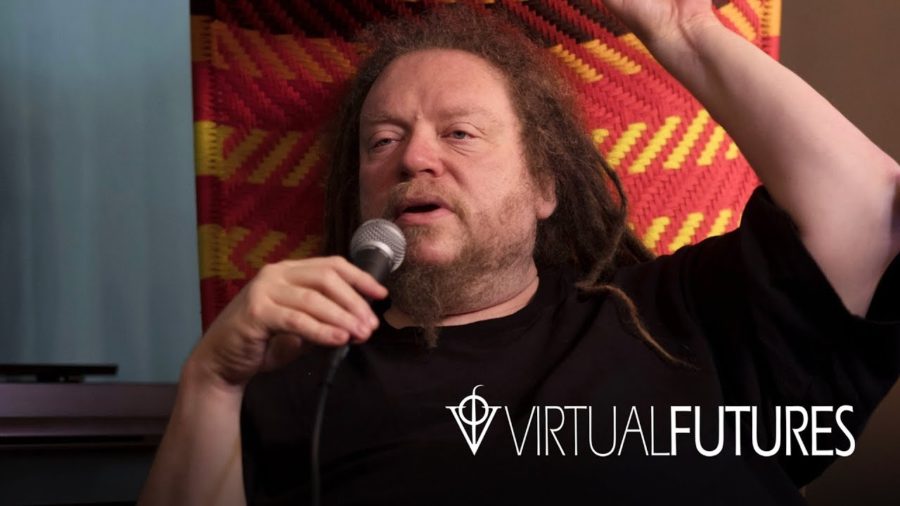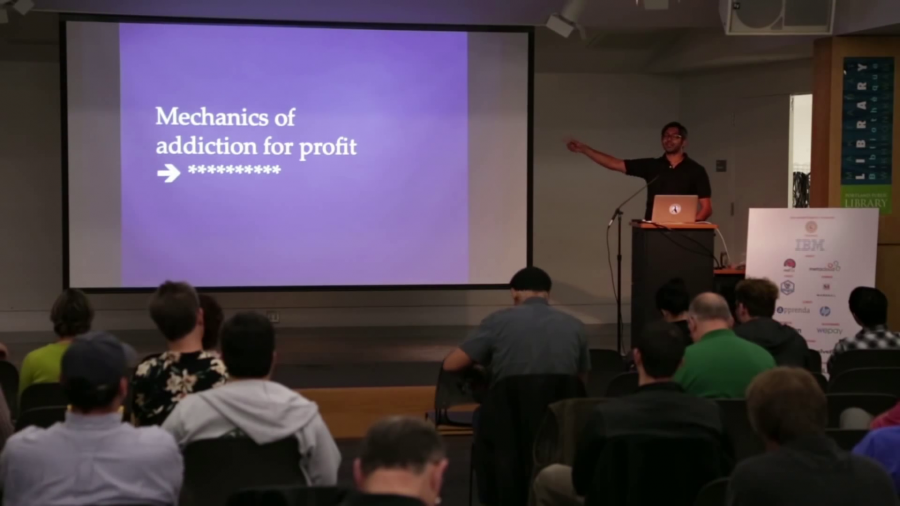I think we need to start thinking critically about things that we perceive as wholesome. Empathy has become a big business, and we ought to be able to examine it. Everyone’s always trying to diagnose disabled people. But I’m gonna have a little bit of fun. And I’m actually gonna diagnose all of you.
Archive
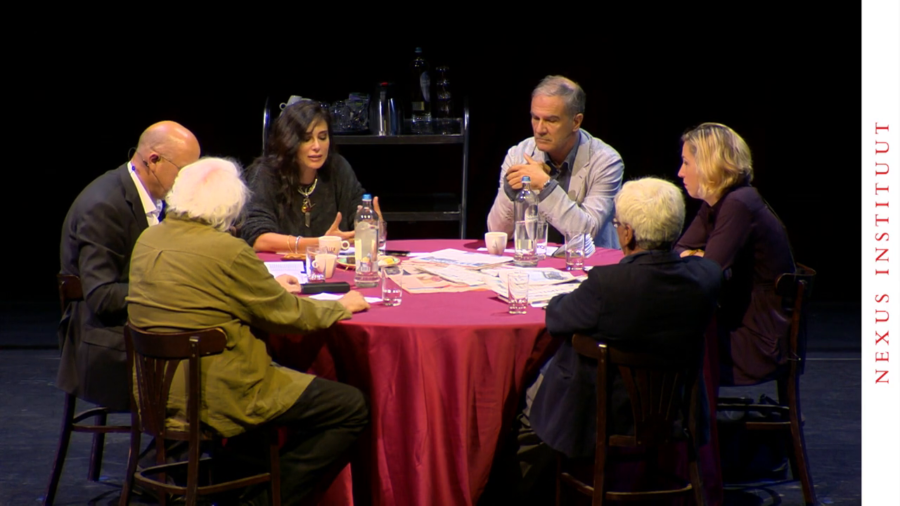
In America now, you can defend the humanities but only on economic grounds. So a theater improves a neighborhood. Or many people who study English become McKinsey consultants. But the fact is that you do it for itself, intrinsically, and you do it for the cultivation of the person and the cultivation of the citizen. Which should be reward enough.
The best justification we have for killing fifty-six, fifty-seven, whatever billion land animals and a trillion sea animals every year is that they taste good. And so, in a sense how is this any different from Michael Vick, who likes to sit around a pit watching dogs fight, or at least he used to?
We are in the midst of a shift in how we encounter information. And we’re wrestling with three paradigms at the same time. The oldest of these paradigms, for for most of us, is edited media. … You have a powerful gatekeeper, the newspaper editor, who says, “Here are things you need to pay attention to today. Give this a small amount of your time, and you will be roughly up to date with what you need to know.”
Much of class and isolation and pulling away is this sort of illusion that somehow we can be apart from the suffering that is in our midst. And that’s a myth. The social isolation that many people in the one percent experience is a wound.
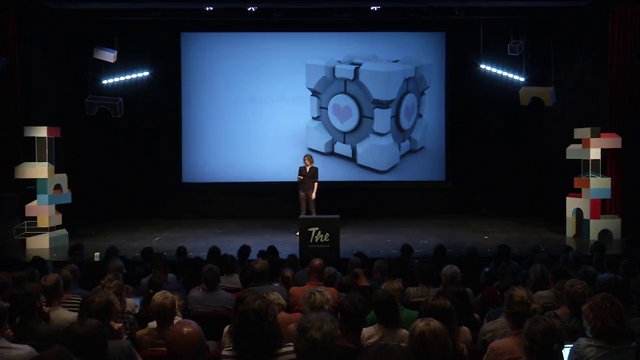
What’s really new about robots is that they’re going to be everywhere. And it’s also nothing new that we can emotionally relate to objects. People have always had the tendency to fall in love with cars and gadgets and stuffed animals. But the new thing about robots is what we’re seeing is this effect tends to be more intense.


